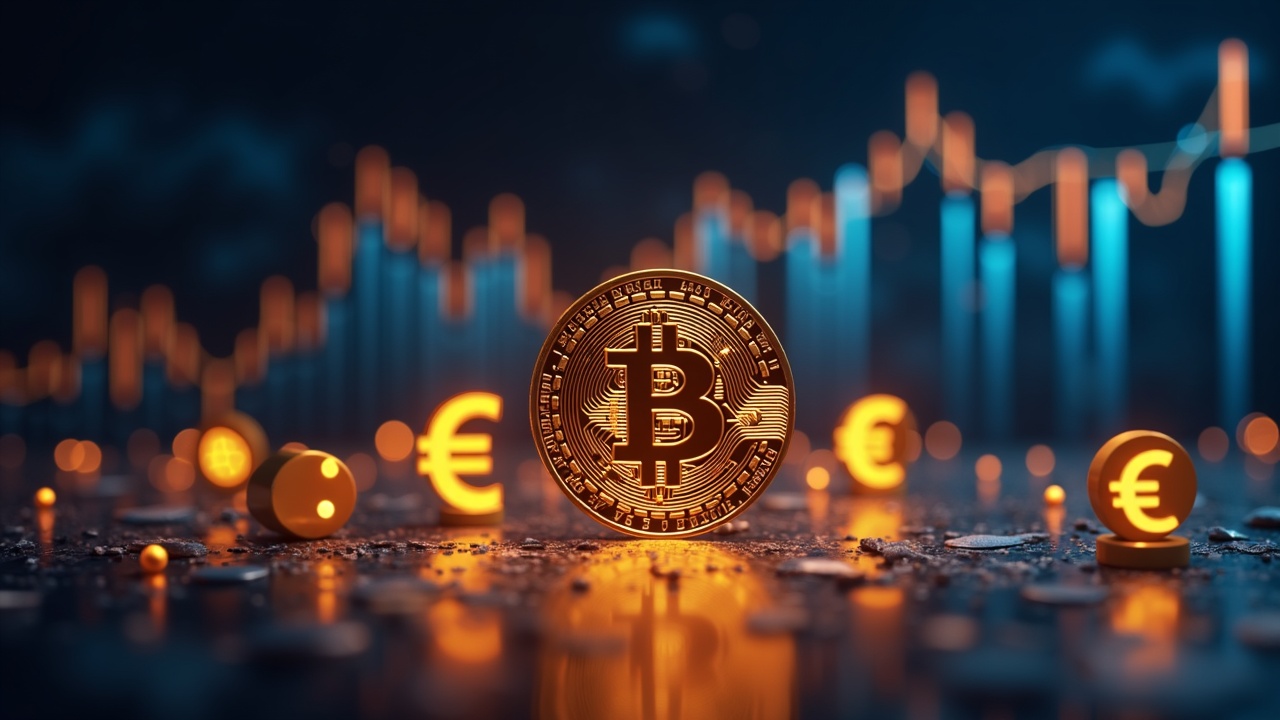Your caution about the €648 billion headline is well-founded. That figure represents Nordea’s total assets, not a direct investment into Bitcoin. The actual news is a significant, though more measured, step towards institutional adoption.
Nordea Bank, one of Europe’s largest financial institutions with €648 billion in assets, has announced it will allow customers to trade a Bitcoin-linked exchange-traded product (ETP) on its platforms starting in December 2025. This marks a notable policy shift for the bank, which had previously maintained a cautious stance on digital assets.
The product is a synthetic ETP provided by the external firm CoinShares International Limited and is designed to track Bitcoin’s price. It’s crucial for traders to understand that this will be offered on an “execution-only” basis, meaning Nordea will facilitate the trades but will not provide investment advice on the product. This offering is aimed primarily at experienced investors seeking alternative asset exposure.

A Shift Driven by Regulation and Demand
This move by a traditional banking giant is part of a broader trend and is underpinned by two key drivers.
First, the European regulatory environment has matured significantly. Nordea explicitly cited the full implementation of the EU’s Markets in Crypto-Assets (MiCA) regulation as a key factor, as it provides a clearer legal framework and enhances investor protection. Second, the decision responds to growing demand for virtual currencies from both retail and institutional investors in the Nordic region. This pattern of growing acceptance is also visible with other major global banks like JPMorgan and Danske Bank exploring crypto-related services.
For market participants, this development signals a continued blending of traditional and digital finance. It provides a regulated and familiar channel for a new segment of investors to gain Bitcoin exposure, which can be seen as a positive long-term signal for institutional adoption. However, it does not represent the immediate, massive direct investment the initial headline might have suggested.


